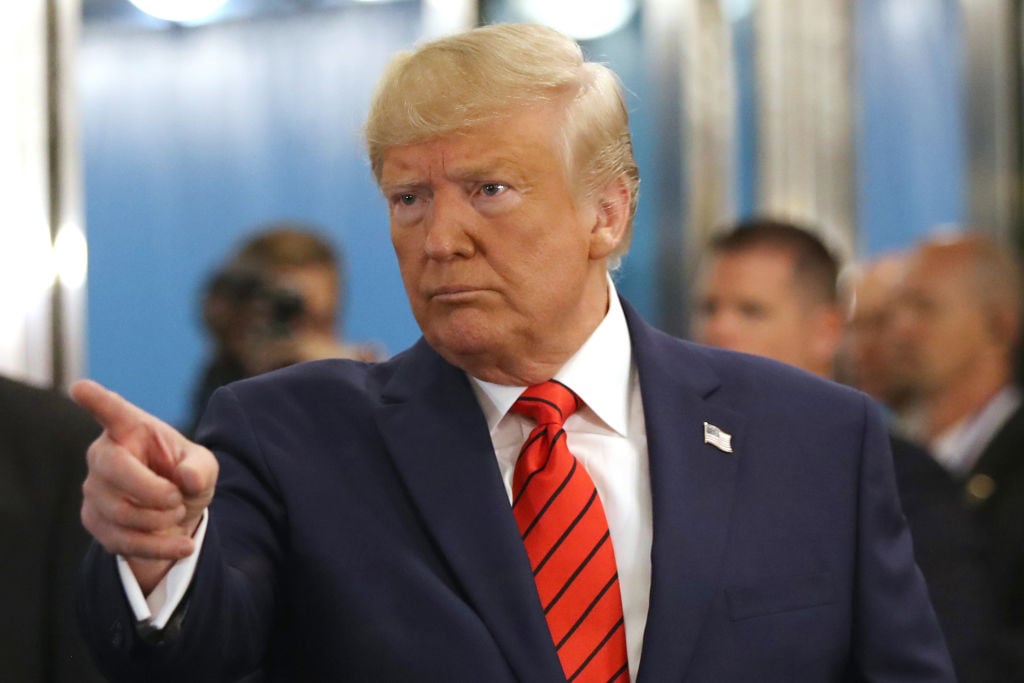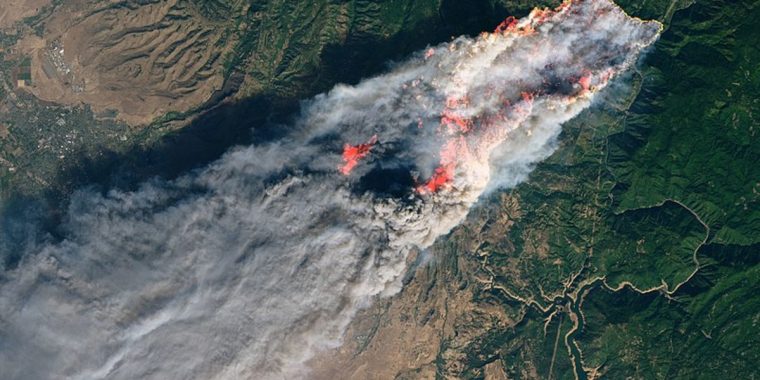
The American Lawyer’s 2020 Diversity Scorecard has been released, and while it’s not all bad, it also isn’t pretty. The 2020 Scorecard recorded the average number of full-time-equivalent (FTE) minority (including Asian-American, African-American, Latino, Hispanic, Native American and “self-described multiracial”) attorneys at Am Law 200 and National Law Journal 250 law firms for the 2019 calendar year. Here are the key takeaways you need to know about this year’s analysis:
- 71 firms had at least 20% minority attorneys (up from 55 in 2019)
- Seven firms had at least 20% minority partners
How are Firms “Graded” on the Diversity Scorecard? The Scorecard is specifically calculated to give a full picture of the demographic makeup of the top firms in the U.S. A firm’s “diversity score” is the minority percentage of all U.S. attorneys at the firms surveyed plus the minority percentage of all U.S. partners at those firms. Some things to remember when reading the report:
- Lawyer counts are average FTE figures;
- Equity and non-equity partners are included in partner statistics;
- “Non-Partner” includes associates, special counsel, of counsel, and various staff attorneys;
- Contract attorneys are not included in the report;
- “Other Minority” includes Native Americans and those who identify as multiracial; and
- Lawyers of Middle Eastern heritage are not counted as minority attorneys for the purposes of the Scorecard.
Who Came Out on Top? The top five firms in terms of diversity representation among attorneys are:
- Berry Appleman
- Fragomen (down from number one in 2019)
- Wood Smith
- White & Case
- Kobre & Kim
The New Number One Firm has an Impressive Breakdown. Berry Appleman’s numbers are impressive – half of their attorneys identify as a racial minority.
… But There’s a Caveat: Fragomen actually reported a higher number of minority partners (24.4% to Berry Appleman’s 22.7%).
African-American Attorneys are Still Advancing at a Snail’s Pace. The language of the scorecard makes this crystal clear: “Since 2010, the total share of minority attorneys included in the Diversity Scorecard grew by an average of 0.9 percent each year. This year did not buck the trend: The total share of minority attorneys grew by 0.9 percent, from 16.9 percent to 17.8 percent.”
Addressing the Lack of Diversity in the Legal Industry is an Imperative. So much so that in 2019, over 200 general counsel signed on to a letter challenging law firms to develop more diverse teams. And, in the wake of social injustice protests in mid-2020, the Law Firm Anti-Racism Alliance was formed, with 125+ firms signing on at its inception.
Why is Diversity So Important for the Legal Industry Specifically? Well, aside from cultivating a workplace that continues to attract talent, research also shows that diverse teams have a better exchange of ideas and are more innovative, which is better for clients. In order to drive the industry forward, produce the best work possible for our clients, and to set an example for all of the other spaces within which attorneys work, attorneys must continue to strive for equity within their own firms and for the continued acknowledgement and elimination of bias in the legal field.
Related Content:



 Afshan Paarlberg is a mission-driven lawyer, writer, and strategist. Passionate about human rights, she is currently conducting research at the intersection of philanthropy, marginalized communities and policy. She is known for her expertise in immigration law and all-things nonprofits. She can be reached at
Afshan Paarlberg is a mission-driven lawyer, writer, and strategist. Passionate about human rights, she is currently conducting research at the intersection of philanthropy, marginalized communities and policy. She is known for her expertise in immigration law and all-things nonprofits. She can be reached at 


 Jordan Rothman is a partner of
Jordan Rothman is a partner of 








